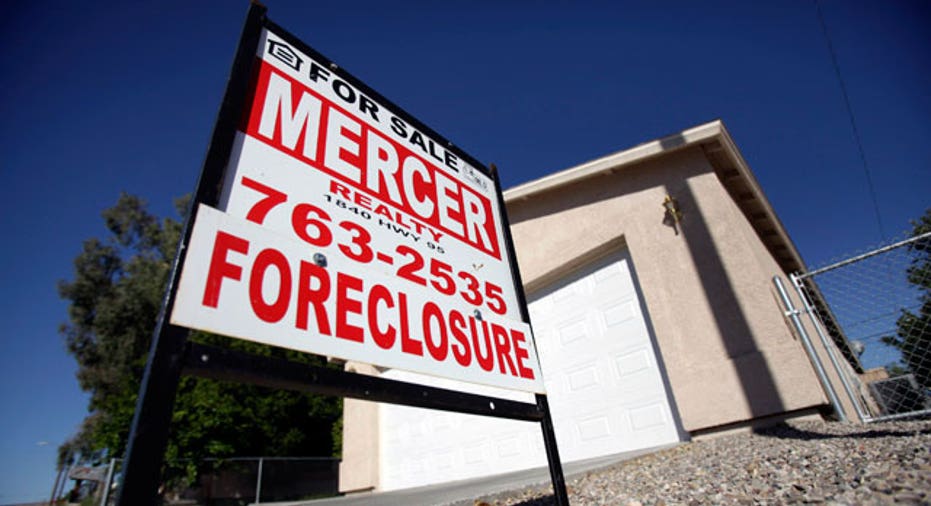Foreclosed After Bankruptcy? It's Possible

Dear Bankruptcy Adviser,
We were forced to file for Chapter 7 bankruptcy. During our bankruptcy, we didn't reaffirm our first mortgage. We also didn't reaffirm our home equity line of credit (HELOC). We now want to sell our home, after which we would pay off the first mortgage. Do we still have to pay our HELOC? There is not enough equity to pay off both the primary mortgage and the HELOC.
- John
Dear John,
This is one of the most difficult concepts for me to explain to clients. I have tried to explain it in writing and over the phone, and usually will try to do both. You should always talk to an attorney in the state where you live. Bankruptcy and consumer protection laws can vary widely from state to state.
In general, however, I can say this: Yes, you have to deal with the first mortgage and any junior mortgages or lien holders before you can sell the home. A HELOC is considered a junior mortgage. That means it has less priority than the first mortgage. But it is still connected to the property.
The Chapter 7 bankruptcy wipes out your liability on the HELOC. However, it doesn't wipe out the lien that was recorded against the property. A lien is a security interest the lender places against the property to ensure loan payment. It is recorded with the county recorder's office where the property is located.
You can strip a lien from an underwater second mortgage in a Chapter 13 bankruptcy, also known as a reorganization bankruptcy. However, you cannot strip the lien in a Chapter 7 bankruptcy. The only thing Chapter 7 accomplishes is preventing the HELOC lender or other junior lien holders from suing you or demanding you pay on the loans.
However, the junior lien holder still has the legal right to foreclose on the property -- this is important. While you are personally protected from a lawsuit after filing for Chapter 7 bankruptcy, your property is not protected from foreclosure in the future. The lender is unlikely to foreclose when there is no equity in the property. But equity may return -- someday.
It should be obvious why a HELOC lender is unlikely to foreclose in today's market. Let's say your house is worth $200,000, but you have a first mortgage of $250,000 and a second mortgage of $50,000. That means the second mortgage lender would sell the house for $200,000, give that to the first mortgage lender and have nothing left over. That would be a bad business decision.
There are two other possible consumer protections from a lender's lawsuit. The first are known as anti-deficiency laws. Knowing your state's anti-deficiency law is especially important for people who haven't filed bankruptcy, but think they might have to. With anti-deficiency laws -- even without filing bankruptcy -- a junior mortgage holder cannot demand payment for any remaining balance if a lender forecloses.
For example, let's say you have a first mortgage balance of $250,000 and a second mortgage for $50,000. The first mortgage lender sells the property at a foreclosure auction for $190,000. The second mortgage lender may not have any right to demand you pay the $50,000 it is owed. In some cases, such as if mortgages are your only debt, it could mean you can avoid filing bankruptcy altogether.
The second big exception is if you reaffirm the junior mortgage while inside the bankruptcy. A reaffirmation agreement is a legally enforceable contract filed with the bankruptcy court. It states your promise to repay all or a portion of a debt that may otherwise have been subject to discharge in your bankruptcy case. This means you agree to pay back this loan even though you filed bankruptcy. Signing the reaffirmation agreement would re-establish your liability, which would otherwise be wiped out by your bankruptcy.
At this point, you will need to negotiate with the junior lien holder. This lender knows what you know -- there is no equity in the house. You could negotiate a settlement that would entice the junior lien holder to allow you to sell the property.



















